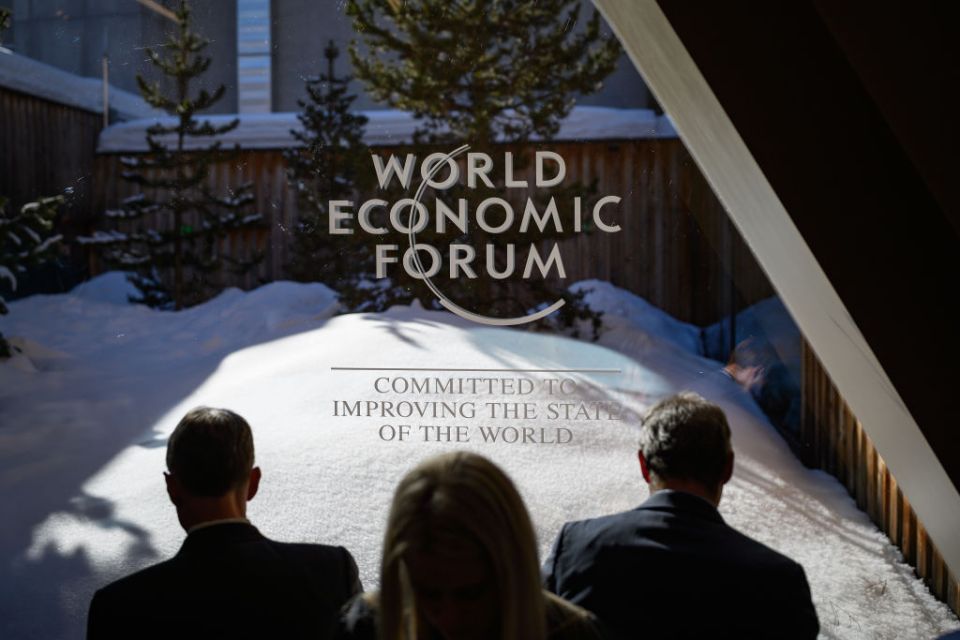Davos, once a rollcall of decision makers, has sagged under the weight of its ambition

HAS Davos lost its mojo? While it was great to be able to stroll around taking in the Swiss air last week without struggling through crowds of Nobel Prize winners, CEOs and billionaires in snow gear, it also felt like a turning point.
What sets the World Economic Forum annual meeting apart from other events, is the notion that the world’s rich and powerful can talk in a peaceful, somewhat relaxed, setting. It provides a warm fuzzy feeling that maybe the world isn’t coming apart after all. But, founder Klauss Schwab’s vision of global connection and cooperation may be at risk. It’s undeniable that there was a weird vibe at this year’s forum – and not just because it was sunny. War, inflation and the pandemic have created a palpable sense of unease in the Spring air. One of the popular selfie spots on the promenade is “Russia House” – this year not occupied by actual Russians, but made into an icon protesting their war crimes. Having attended the last Davos event in January 2020 (when a certain Chinese virus was just cocktail chat), the juxtaposition with this year’s meeting spotlighted the massive changes of the past two years.
Despite flagging attendance, the special sauce of Davos persists. No other meeting brings together a critical mass of decision-makers in a ‘school camping trip’ setting that puts everyone at ease and gives time for informal connections as well as a world stage for more scripted announcements.
Even with war and recession on the agenda, I would guess that more than half the events had a sustainability focus. Al Gore nearly lost his voice shouting “who cares if we screw up the future?” John Kerry heralded the “First Movers Coalition” where tech giants Microsoft and Alphabet collectively pledged to invest $400m in carbon removal programs, Boston Consulting Group targeted the removal of 100,000 tonnes of carbon by 2030, and Salesforce – committed $100m to scale carbon removal tech.
Reflecting on these announcements, I had a sense of déjà vu. It was just six months ago at the Cop26 meeting in Glasgow, where countries, companies and financial institutions all pledged to cut carbon. As John Kerry said to one packed Davos event, “if the commitments made in Glasgow were on track, keeping global temperature rise below 1.5C would be in reach.”
But that’s not what’s happening. Lofty goals are announced with little follow up and no accountability. UN Secretary-General Antonio Guterres called these cascading milestones “a dismal litany of humanity’s failure to tackle climate disruption.”
The hope that the ‘build back better’ plans on both sides of the Atlantic would stimulate the green transition has been superseded by the economic upheaval and geopolitical uncertainty brought on by the war in Ukraine. Which makes it even more astonishing that companies continue to step up with voluntary climate commitments. The real issue here is the lack of transparent, comparable data on progress toward these goals.
It wasn’t all doom and gloom though and there was a note of optimism voiced on a Bain and Company panel I was speaking on. Executives from three top tech companies discussed how they are quickly ramping cutting edge technologies that can include supplying the data needed to not only provide confidence and transparency to the market, but more importantly, enable a credible pathway transition to net zero.
